The European Investment Bank (EIB) has agreed to phase out lending for almost all fossil-fuel projects after 2021, including standard gas-fired power stations.
The bank is the first multilateral development bank to go so far in curbing fossil-fuel support due to climate change.
The bank joins others like the World Bank and the European Bank for Reconstruction and Development in stopping funding for new coal plants.
The EIB will still support certain low-emission gas projects, as long as they meet a new lower emissions performance standard of 250 grams of CO2 per kilowatt-hour of electricity generated.
There will be an exception supporting up to 75 percent of gas-plant project costs in countries that face a particularly steep climb reducing their reliance on carbon-intensive energy sources.
The Bank also says that a list of new gas pipelines can get funding if they are approved before 2021.
“We will stop financing fossil fuels and we will launch the most ambitious climate investment strategy of any public financial institution anywhere,” says EIB President Werner Hoyer.
Bloomberg reports that incoming European Commission president Ursula von der Leyen wants the EIB “to become a climate bank and help unlock €1 trillion to shift the economy toward cleaner forms of energy”.
The decision will see the EIB end €2 billion of annual investments in fossil-fuel projects, having funded over €13.4 billion of such infrastructure projects since 2013.
Under its new policy, only gas plants using carbon capture and storage technology combined heat, and power plants or those blending renewable gases would be able to meet the new EIB emissions standard.
According to Reuters, the landmark decision potentially deals a blow to billions of dollars of gas projects in the pipeline.
“This is an important first step – this is not the last step,” EIB vice president, Andrew McDowell told reporters in a call.
Reuters describes the EIB as “the biggest multilateral lender in the world.”
The Associated Press says the policy change will see the EIB prioritize lending for energy efficiency, low-carbon technology, and electricity grid improvements.




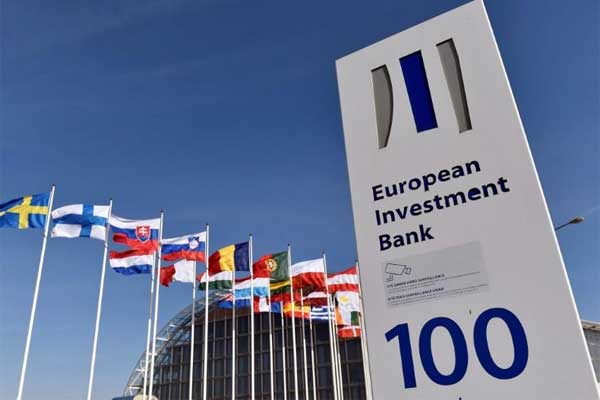

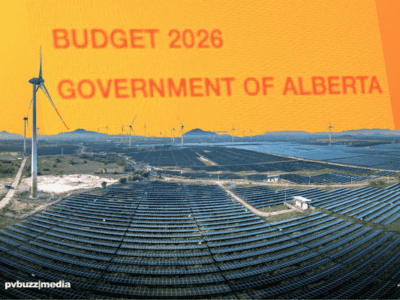
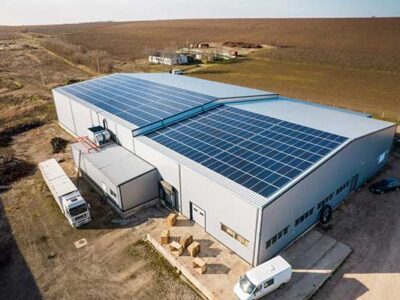

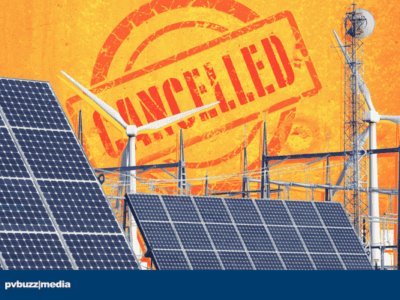
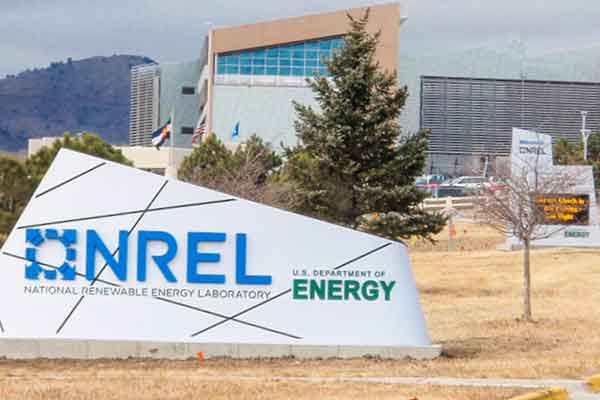
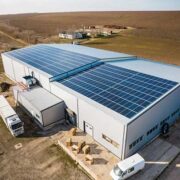

Comments